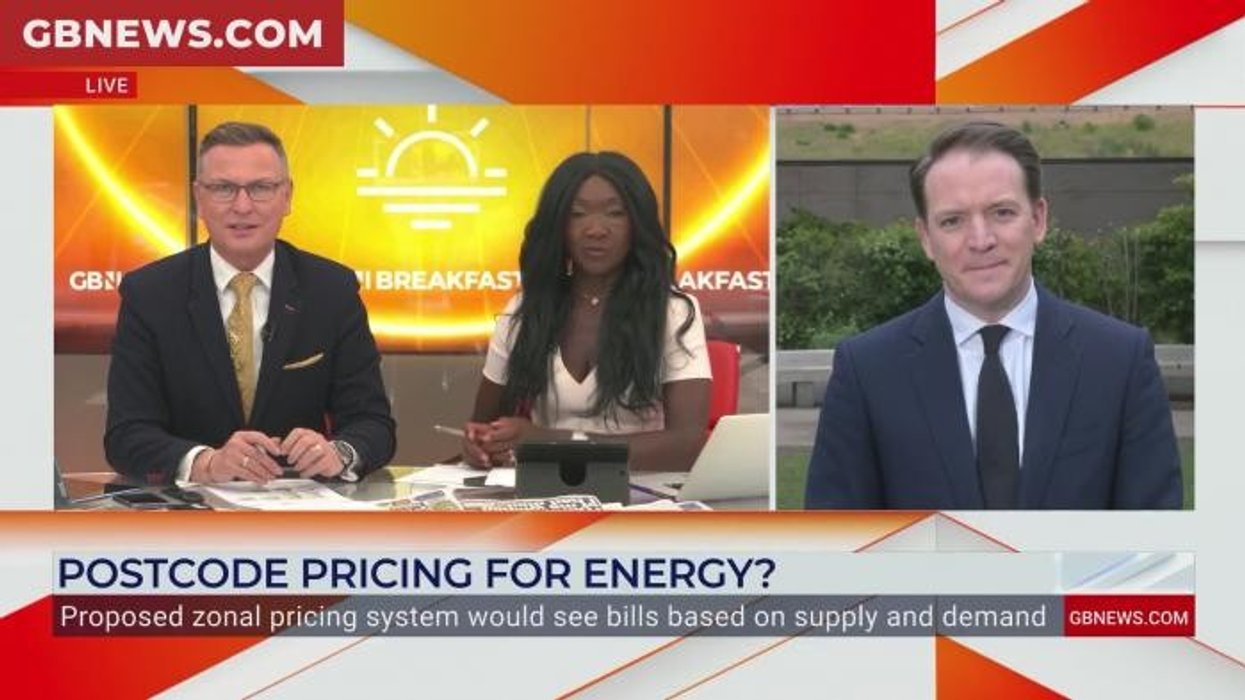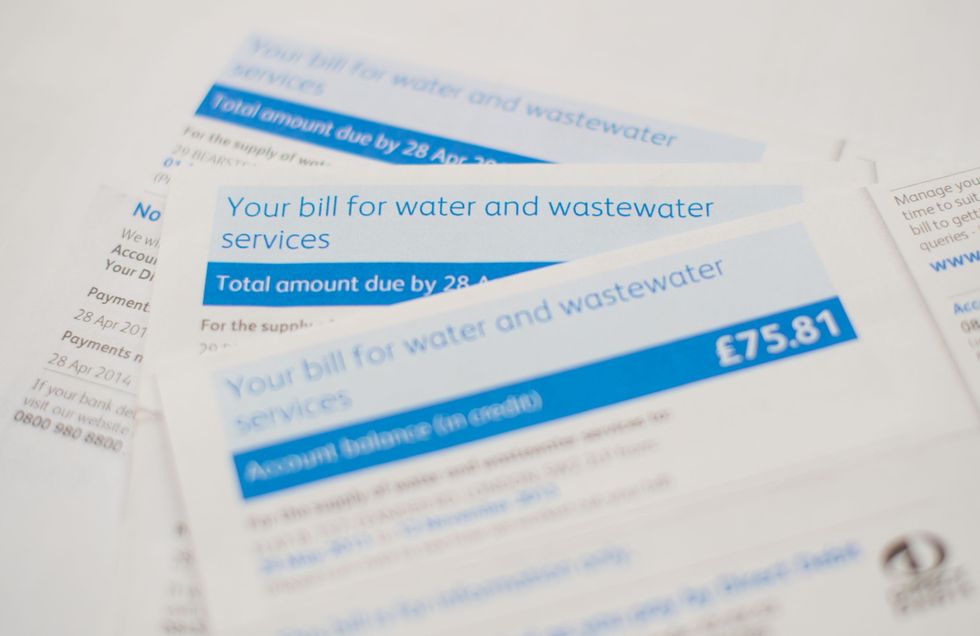Energy bills to fall by 7 per cent in a boost for millions of households - here’s how much you could save

Ed Miliband risks ‘disproportionately burdening’ families with energy bills shake-up |
GBNEWS

Ofgem, which sets the limit on what energy companies can charge customers, is due to confirm its latest price cap on Friday
Don't Miss
Most Read
Household energy bills are set to fall by around seven per cent in July, according to new forecasts from energy experts Cornwall Insight.
The typical household can expect their annual energy costs to drop by £129 to £1,720 when regulator Ofgem's new price cap comes into force.
The predicted reduction comes as welcome news for households that have faced sustained high energy costs in recent years.
The price cap is currently set at around £1,849 for a typical household after three consecutive increases in bills.
The forecast reduction follows a significant slump in gas and oil prices, reportedly linked to US President Donald Trump's aggressive tariff plans.
 Britons could save money on energy bills | GETTY
Britons could save money on energy bills | GETTY However, the expected drop is slightly less than previously anticipated. Cornwall Insight had earlier predicted a 9 per cent reduction, but this forecast has been revised following easing trade tensions in recent weeks.
The energy regulator adjusts the price cap every three months, with changes largely based on wholesale energy market costs.
Cornwall Insight said it expects the reduced price cap to be followed by a "modest drop" in October and another similar dip in January next year.
LATEST DEVELOPMENTS:

Experts have emphasised that while the decreases represent positive news, bills are still substantially higher than they were at the start of the decade
| Millions of Octopus Energy customers can save money on energy bills by making small change tomorrowDespite these consecutive reductions, energy costs remain a significant burden for many households.
Experts have emphasised that while the decreases represent positive news, bills are still substantially higher than they were at the start of the decade.
This continued high level of energy costs poses ongoing challenges for families already struggling with broader cost-of-living pressures.
The forecasted reductions, while helpful, may not provide sufficient relief for the most vulnerable households who continue to face difficult choices regarding their energy usage.
Craig Lowrey, principal consultant at Cornwall Insight, said: "The fall in the price cap is a welcome development and will bring much-needed breathing space for households after a prolonged period of high energy costs.
"It's a step in the right direction, but it should be taken in context. Prices are falling, but not by enough for the numerous households struggling under the weight of a cost-of-living crisis, and bills remain well above the levels seen at the start of the decade. As such, there remains a risk that energy will remain unaffordable for many."

Household bills have increased over the years
| PAThe energy price cap was introduced by the Government in January 2019.
It sets a maximum price that energy suppliers can charge consumers in England, Scotland and Wales for each kilowatt hour of energy used.
It does not limit total bills, as householders still pay for the amount of energy they consume.
More From GB News










